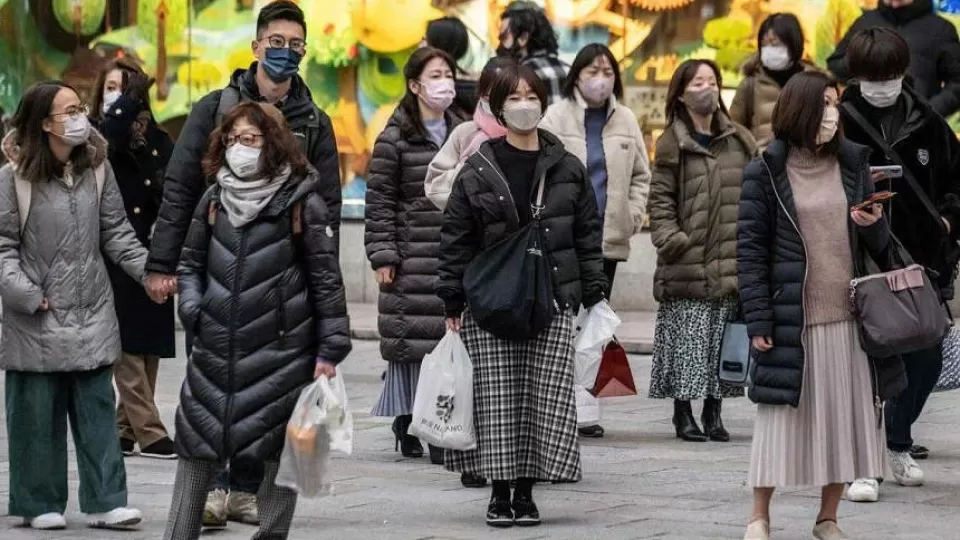March 14, 2023
TOKYO – The new response to the COVID-19 pandemic is vastly different. Since this is a major shift, including the relaxation of routine infection control measures, reduction of public financial support, and revision of the health care system, the change needs to proceed without confusion.
Starting March 13, the government stops recommending the wearing of masks in principle, leaving it to the discretion of the individual. The government says, however, that it continues to recommend the wearing of masks at medical institutions and facilities for the elderly.
If the cessation of mask-wearing proceeds all at once, elderly people and those with chronic illnesses may feel uneasy. Consideration of those at high risk of serious illness to protect them from infection should continue to be emphasized. The government should repeat such a message.
Cautious views about the cessation of mask-wearing persist. For many people, wearing masks has become a habitual aspect of life after a long period of wearing them. Stopping the wearing of masks should proceed according to the circumstances and pace of each individual.
Different restaurants and event venues will have different policies regarding masks. To prevent trouble arising among customers over mask-wearing, restaurant managers and event organizers should make efforts to provide easy-to-understand explanations by posting notices and making announcements in the venues.
Each individual should be able to use masks in a flexible manner. Each person should make a decision based on the extent of the spread of infections, as well as whether there are people around them at high risk of severe illness and the state of ventilation in the location.
It is important for the central and local governments and experts to provide information that will help people make appropriate decisions and ensure that sound knowledge is shared among the public.
On May 8, the classification of COVID-19 under the Infectious Diseases Law will be downgraded to “Category V,” the same level as seasonal influenza.
Patients will then be required to pay their own share of the medical costs for COVID-19, which are currently fully covered by public funds. Expensive therapeutic drugs will remain publicly funded until the end of September. However, the government has said that the free vaccination program will continue for the time being.
When patients have to partially cover the costs, it is possible that more people will refrain from getting tested and seeing a doctor. This could increase the risk of spreading infections, and it is important for infected people to recuperate at home. Companies and schools need to make it easier for such people to take leave.
Until now, treatment for COVID patients has been limited to a certain number of medical institutions, such as those with designated counters for fever outpatients, so many institutions have not offered treatment for such patients. After the downgrading of the category, COVID patients will be able to receive medical care at any institution. The government has stated that refusing to provide medical treatment for such patients will not be allowed.
Some medical facilities are unable to separate COVID patients from other patients in their facilities. In the past, it has also been difficult to increase the designated counters for outpatients with a fever. Municipalities and medical institutions should come up with substantial measures to find out how this can be done.
(From The Yomiuri Shimbun, March 12, 2023)

